
Update: The fraudulent phone number has just been deactivated and Qantas says it has updated its communications to customers.
Can you spot a scam? Sadly, in 2024, scams have become a lot more sophisticated than the classic email from someone claiming to be a wealthy prince wanting to share their inheritance. In fact, they’ve become so hard to spot that AFF members have even been caught up in the latest scam affecting Qantas customers with flight changes.
When Qantas cancels your flight, the airline usually sends a text message from its official phone number. The message will say something like this:
IMPORTANT: Unfortunately, your flight QFxxx from [airport] at [time and date] has been cancelled. We are finding you a new flight and will send you a SMS shortly with your new flight details and other options, including a refund. Sorry for the inconvenience. For immediate assistance, call [phone number]
Qantas sends a similar message if your flight is delayed.
This message is legitimate. Unfortunately, there was a slight problem if your flight was departing from the United States…
Contents
Scammers bought Qantas’ US phone number in Australia
Like all international businesses, Qantas uses different phone numbers in different countries. For example, Qantas instructs customers in Australia to call 1300 659 115 or +61 2 9123 7584 for urgent help with flight disruptions in Australia.
But if your flight departs from a country outside of Australia, Qantas will provide its local phone number in that country. So, if your disrupted Qantas flight departs from the United States or Canada, Qantas will instruct you to call its North American phone number which is 1800 227 4500.
These text messages are from Qantas and are not a scam. However, unfortunately, scammers bought Qantas’ US phone number in Australia.
If you call Qantas’ North American number from a North American phone, you’ll reach Qantas.
But if you called the number in the text message from Qantas, and you’re in Australia or using an Australian SIM card, you wouldn’t be put through to Qantas. Instead, you would be put through to the Australian phone number of “1800 227 450” (the last digit gets ignored as Australian 1800 phone numbers only have 10 digits). This phone number was operated by scammers. It is not one that Qantas uses in Australia.
What happened when calling the fake Australian phone number
When calling Qantas’ US phone number from Australia, you would be put through to somebody pretending to work on behalf of Qantas who asks for your booking reference and surname.
The person then uses those details to bring up your information on the Qantas website. They will be able to see any of the details in “Manage Booking”, including your flight details and contact information.
If you’re calling because Qantas has changed or cancelled your flight, the scammer will then ask for payment to move you to a new flight.
This should set off alarm bells as Qantas should never charge you to rebook a flight that it has cancelled. But the scam can be convincing enough to catch out intelligent people.
The scammer will then take your credit card details and charge your card. Initially, they will charge for the amount they claimed to require for the flight change – but they’ll then have your details on file and more charges could follow.

This isn’t the only scam going around…
This is sadly just one of many airline-related scams doing the rounds. Another one involves fake accounts replying to messages on airline social media pages.
If you contact an airline on social media, especially if it’s a public post on the airline’s page and you’re getting in touch about a flight change, be very careful that any replies are from the airline’s official account.
Sometimes, someone posing as the airline will reply by providing a phone number to call. This could be someone who’s created a fake profile using the airline’s name and logo, or perhaps someone using an account called “Customer Support” or similar. If you call the phone number provided, you’ll reach scammers who pretend to work for the airline and ask for your credit card details.
How you can protect yourself against these scams
Sadly, with scams becoming more and more sophisticated, you need to be more careful than ever when giving out personal details – especially credit card information – over the phone.
Other than staying up to date on the latest scams, and using good online security practices, I think there are a few key takeaways from this story…
Be wary of unexpected calls, emails and texts
Even if they appear to be legitimate, don’t click on links in unexpected calls, emails or SMS messages. If you need to call the airline, check that the phone number you’re calling is legitimate. When in doubt, call one of the official numbers listed on the airline’s website.
If the number you’re calling appears to have an odd amount of digits, that could be a warning sign.
Verify who you are talking to
If you get an unsolicited call claiming to be from an airline, verify that you really are talking to the person you think you are. If in doubt, call the airline back on a publicly available phone number.
Airlines should not request payment for cancelled flights
If an airline changes or cancels your flight, they should rebook you free of charge. In fact, if you’re flying Qantas, you should be able to rebook yourself directly on the Qantas website. If you can’t self-serve on the airline’s official website, call the airline directly using a publicly available phone number.
Be alert for other warning signs
When you make a payment online or over the phone, your bank may send you a verification code to confirm that it’s you making the transaction. The message from your bank should also show who you’re paying and the transaction amount.
If you give your credit card details to the scammers operating the fake Qantas phone number in Australia, the transaction will appear to be from a company that is not Qantas. They might claim that Qantas has outsourced to them, but this should be a red flag.
Even though Qantas has outsourced many of its customer service roles, any transactions should show as being from Qantas. Also keep in mind that Qantas’ call centres are in Australia, New Zealand, South Africa, Fiji and the Philippines. If you are dealing with someone who isn’t in one of these countries, it could be a scammer.


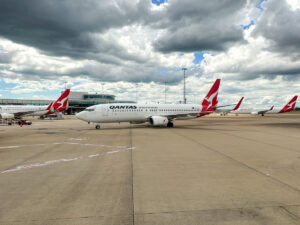
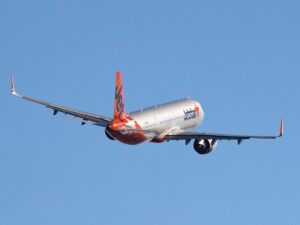



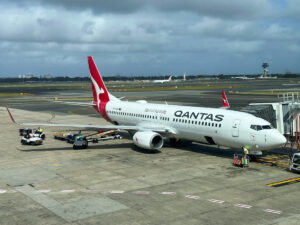







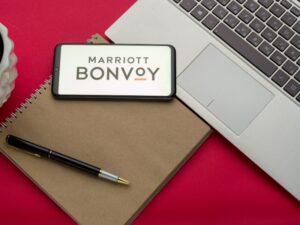




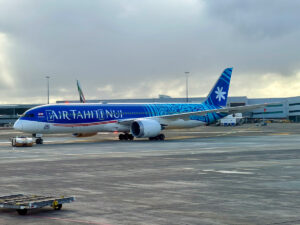
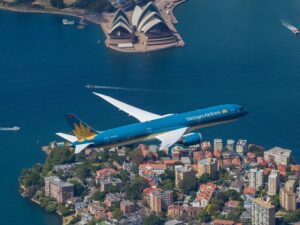
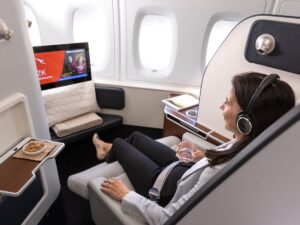













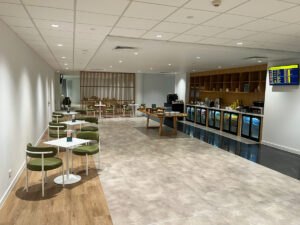
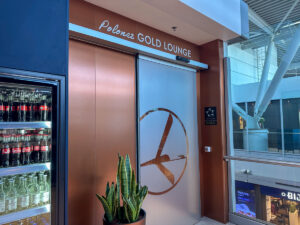



































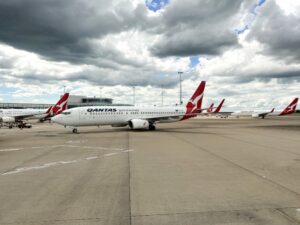

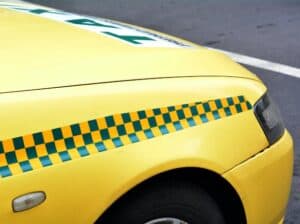





Community Comments
Loading new replies...
Join the full discussion at the Australian Frequent Flyer →